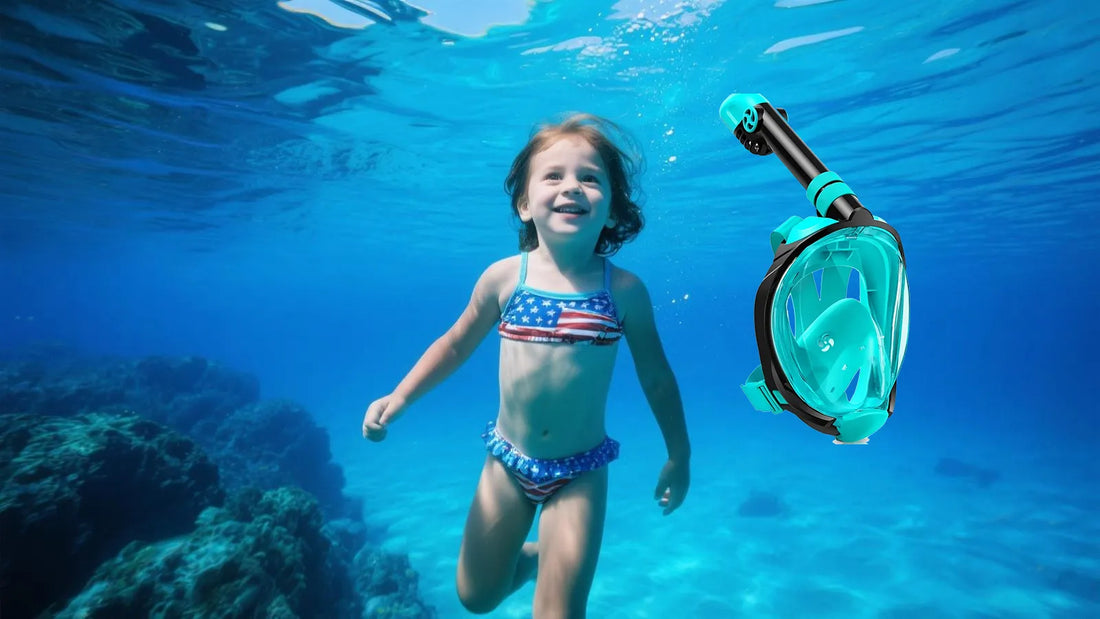Scuba diving, a thrilling activity that allows humans to explore the underwater world, has a rich and fascinating history. The question of when scuba diving started takes us on a journey through centuries of innovation, experimentation, and human curiosity. From ancient civilizations to modern technology, the evolution of scuba diving is a testament to humanity's desire to conquer the depths of the ocean.
The Early Beginnings of Underwater Exploration
Long before the invention of scuba gear, humans were already venturing underwater. Ancient civilizations, such as the Greeks and Romans, used rudimentary techniques to explore the ocean. Freediving, or breath-holding diving, was one of the earliest methods. Divers would hold their breath to collect sponges, pearls, and other valuable resources from the seafloor. Historical records suggest that these practices date back to as early as 4500 BCE.
The First Diving Bells and Early Innovations
In the 16th century, diving bells marked a significant leap in underwater exploration. These devices allowed divers to stay submerged for longer periods by trapping air inside a bell-shaped structure. While primitive, diving bells laid the foundation for more advanced equipment. By the 17th century, inventors began experimenting with air pumps and hoses, further enhancing the ability to breathe underwater.
The Birth of Modern Scuba Diving
The true origins of modern scuba diving can be traced back to the 19th and early 20th centuries. In 1825, William James invented the first self-contained underwater breathing apparatus, which used compressed air stored in a metal tank. However, it wasn't until the 1940s that scuba diving as we know it today began to take shape. Jacques-Yves Cousteau and Emile Gagnan developed the Aqua-Lung, a revolutionary device that allowed divers to breathe compressed air from a tank through a demand regulator. This invention marked the birth of recreational scuba diving and opened the door for millions to explore the underwater world.
Scuba Diving in the Modern Era
Since the mid-20th century, scuba diving has evolved into a popular recreational activity and a vital tool for scientific research and military operations. Advances in technology have made diving safer and more accessible, with innovations such as buoyancy control devices, dive computers, and improved wetsuits. Today, scuba diving is a global phenomenon, with millions of enthusiasts exploring coral reefs, shipwrecks, and underwater caves around the world.
The Impact of Scuba Diving on Society
Scuba diving has had a profound impact on society, fostering a greater appreciation for marine ecosystems and conservation efforts. Divers have played a crucial role in documenting underwater biodiversity and raising awareness about the threats facing our oceans. Additionally, scuba diving has become a significant economic driver, supporting tourism and local communities in coastal regions.
From its humble beginnings to its current status as a beloved global activity, the history of scuba diving is a testament to human ingenuity and our enduring fascination with the ocean. Whether you're a seasoned diver or someone curious about the underwater world, the story of when scuba diving started is sure to inspire your next adventure beneath the waves.

